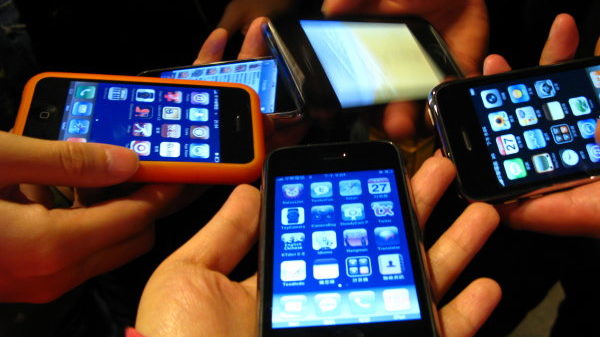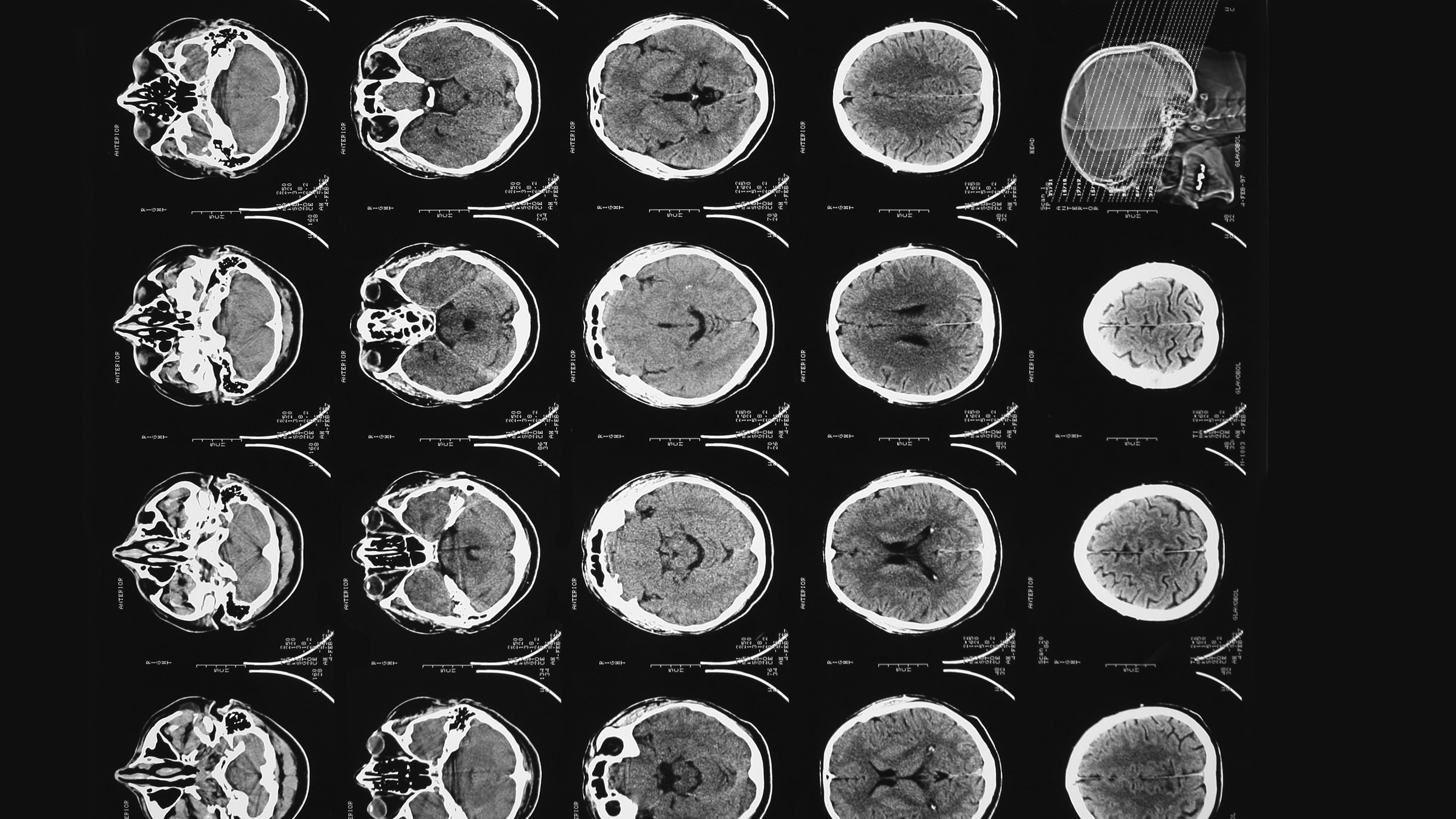Do Cell Phones Cause Cancer — New Study Says, Maybe?
On Thursday, the U.S. National Toxicology Program published partial results of a study that claimed to show a link between cell phone radiation and cancer. By Friday, Mother Jones was touting the study as a “game changer,” while the Wall Street Journal was calling it “explosive.” STAT was more cautious in delivering the news, including right in its headline the caveat that the study was done on rats.

Do cell phones cause cancer? A new study, though not definitive, has reopened the debate. (Visual by Christabelle 迴紋針/Flickr)
The wording used in many stories may be hyperbole, but Michael Hansen, a senior staff scientist at Consumers Union — the policy and action division of Consumer Reports — says the results do raise doubts in a debate that many thought was already over.
“For years all of the agencies said that there was no conceivable way that this radiation could have any affect at all, except thermal [effects],” said Hansen.
But the $25 million study of cell phone radiation exposure to rats did find a statistically significant correlation between radiation exposure and tumors in the brain and heart. The rats in the study were exposed to radiofrequency radiation — the same type emitted from many electronic devices — every ten minutes, for a total exposure of nine hours a day, seven days a week. It’s important to note that levels of RF radiation ranged from 1.5 to 6 W/kg. The FCC limit for exposure to humans from cell phones is 1.6 W/kg. And unlike the way cell phones are held or stored — localized to the ear, head or thigh — the rats were exposed to full body radiation by being place in a reverberation chamber.
With this type of exposure, researchers found the glioma cells in the brain and schwannoma cells in the heart were the only kinds of cells affected. Hansen says this is an important finding, given that these are the same cells that have been shown to be affected in previous studies on cell phone radiation.
In a teleconference held on Friday afternoon, John Bucher, the Associate Director of the NTP, said of the length of time the rats were exposed, that the researchers “wanted to make sure that the studies that [they] did, considering how expensive and time consuming they were, considered exposures that were beyond those examined in [previous] studies.”
The report was published as a preprint on bioRxiv and has not yet been submitted for formal publication. The authors estimate that more results should be expected in 2017 and a final report after that. Still, as the preliminary findings do show “that there is an impact [from cell phone radiation]”, Hansen said it is already evident that the results should be followed up. “Absolutely,” he emphasized.
The results published this week raised some obvious questions to pursue. For instance, although the researchers found a statistically significant increase in tumors, that was only the case for male rats. Female rats, apparently, did not exhibit any additional tumor risk. Scientists would like to understand that difference better, although Bucher acknowledged that it is not uncommon to see sex-differences in tumor development.
Earlier studies have also raised a number of questions about the risks of cell phone radiation – or even whether they exist. A 30-year-study out of Australia showed no increase in the incidence of brain cancer since the late 20th century introduction of cell phones. Another nationwide study in Denmark from 1982 to 1995 did not “support the hypothesis of an association between use of these telephones and tumors of the brain or salivary gland, leukemia, or other cancers.”
In the U.S., cancer incidence rates do not suggest a profound cell phone effect. Over all, the rates have gone down, according to the National Cancer Institute. From 2003 to 2012, cancer rates decreased by 1.8 percent per year for men, and 1.4 percent per year for women. Brain cancers either decreased or remained stable in both groups.
One often-cited 2011 study did show that exposure to cell phones caused cells to change their glucose metabolism, but the findings were of “unknown clinical significance.” This most recent study builds on the range of earlier research. And although more work still needs to be done, Hansen says we can conclude that — whether they cause cancer or not — cell phones do seem to have some sort of biological affect on our cells. Until we know more, he said that people might want to think about using just texting or using hands-free earphones.
“Does this mean that people shouldn’t use cell phones? No,” said Hansen, “but I think that there is enough information here that I think people should take a precautionary approach.”











Comments are automatically closed one year after article publication. Archived comments are below.
Why quote Consumer Union’s Michael Hansen. He is a biologist who specializes in food and pest issues according to his bio. he also testified on GMOs. Maybe you can think of him as an all around risk expert. I’m not sure so I ask the question. Others quoted him too. Me, I went to people with doctorates in environmental health and cancer specialists. I also should have but didn’t go to a specialist in non-ionizing radiation. My story
http://bigstory.ap.org/article/68373332b42f4e688d547e59074bf8ca/nih-experts-question-fed-study-linking-cell-phones-tumors
This may be a good line of pursuit for future Undark stories. Do some outlets quote experts more because of what they say or who they work for. And is that right? Maybe it is. Maybe all topic experts are good. Just putting it out for discussion.
That’s a fair question, Seth. Hansen is the person at Consumer Reports who has been following this issue and he gets both the science and the agency politics, so he made sense for the big perspective, especially for a relatively compact blog post. Although I like your more wide-ranging approach for a more indepth story.
On the other point, what I’ll call the “visible expert”, you raise some interesting questions. It reminds me of Rae Goodell’s classic book, The Visible Scientists, which looked at which scientists were repeatedly featured in media stories and why (among other things). It would be fun to do an analysis of that for certain science issues – climate change, say, or infectious disease – and see if there is a pattern to it. Or maybe start with a smaller analysis.
Thanks for suggesting it!